From August, clinics countrywide will issue patients who are doing well on their ARVs a six-month supply twice a year. 6MMD is widespread in Africa and started in the Western Cape last year. How will it work? Health Beat catches up with two Cape clinics.
By Anna-Maria van Niekerk, Mia Malan, Jessica Pitchford, Thatego Mashabela, Tim Wege, Jeannine Snyman
“I can plan my life now”, — Neliswa Nkwali, living with HIV for 25 years, says 6MMD (six multi-month dispensing) has brought her freedom from clinic queues.
6MMD allows stable HIV patients to collect meds only twice a year, cutting down clinic visits. Western Cape clinics began 6MMD last year, easing pressure on staff and improving retention in care through ARV clubs for stable patients. ARV clubs help decongest clinics by grouping stable patients and streamlining ARV pick-ups.
The national roll-out of 6MMD is scheduled to begin in August, expanding the dispensing model to other provinces. A national patient recording system is also needed, says clinic coordinator Nonhle Plaatjie, to track where people collect their ARVs from across provinces. Health workers in the Western Cape can’t always verify if patients collect their medications in different provinces when they travel, leading to confusion about treatment continuity.
Policy experts urge faster action: with over six million people on ARVs, 6MMD could make it easier for our health system to cope with so many patients, lessening the blow of US funding cuts.

This story was produced by the Bhekisisa Centre for Health Journalism. Sign up for the newsletter.

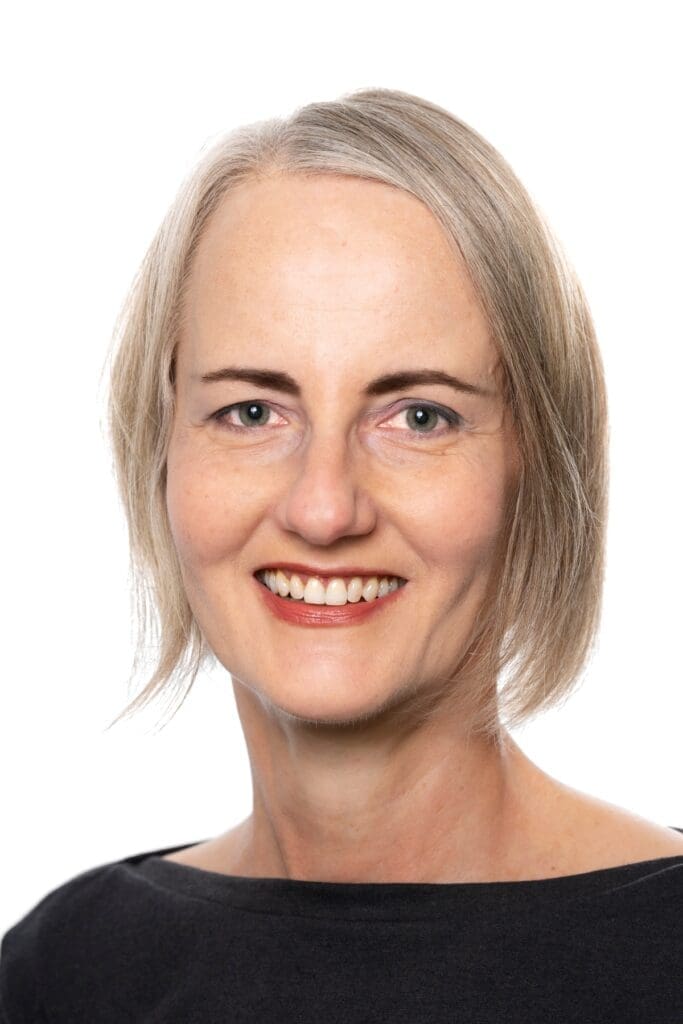
Anna-Maria van Niekerk is Bhekisisa’s news editor. She joined the centre after six years as the managing editor of the investigative television show, Carte Blanche. Anna-Maria has an extensive career in in-depth health and human rights reporting and has been named both the Vodacom Journalist (2002) and Discovery Health Journalist of the Year (2010) for exposés on the selling of human body parts for muti in Limpopo and the devastating consequences of HIV denialism.
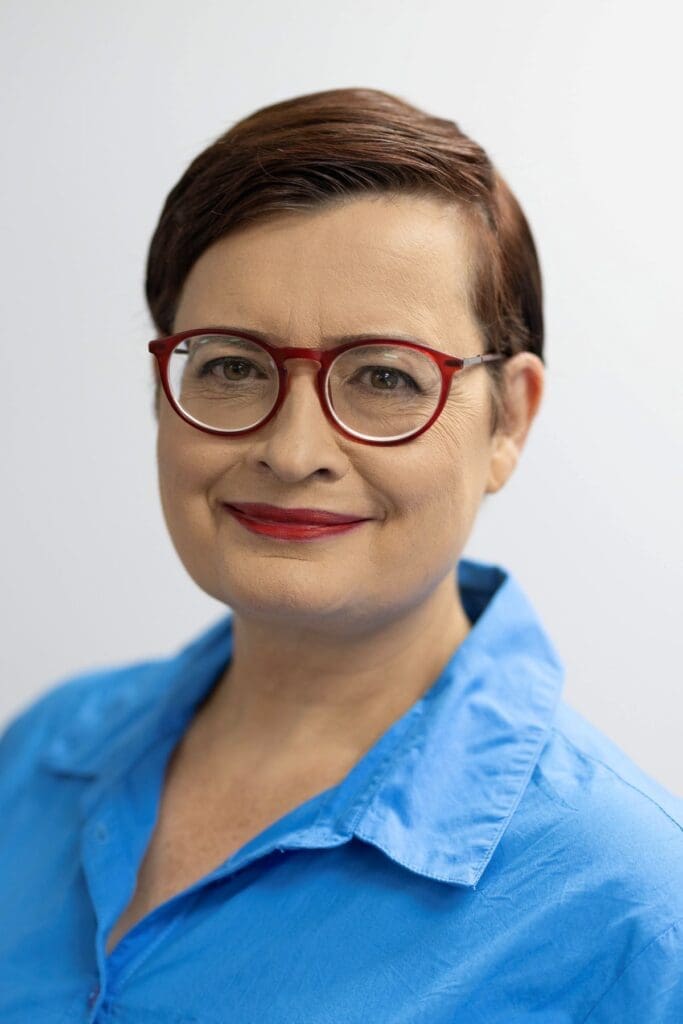
Mia Malan is the founder and editor-in-chief of Bhekisisa. She has worked in newsrooms in Johannesburg, Nairobi and Washington, DC, winning more than 30 awards for her radio, print and television work.
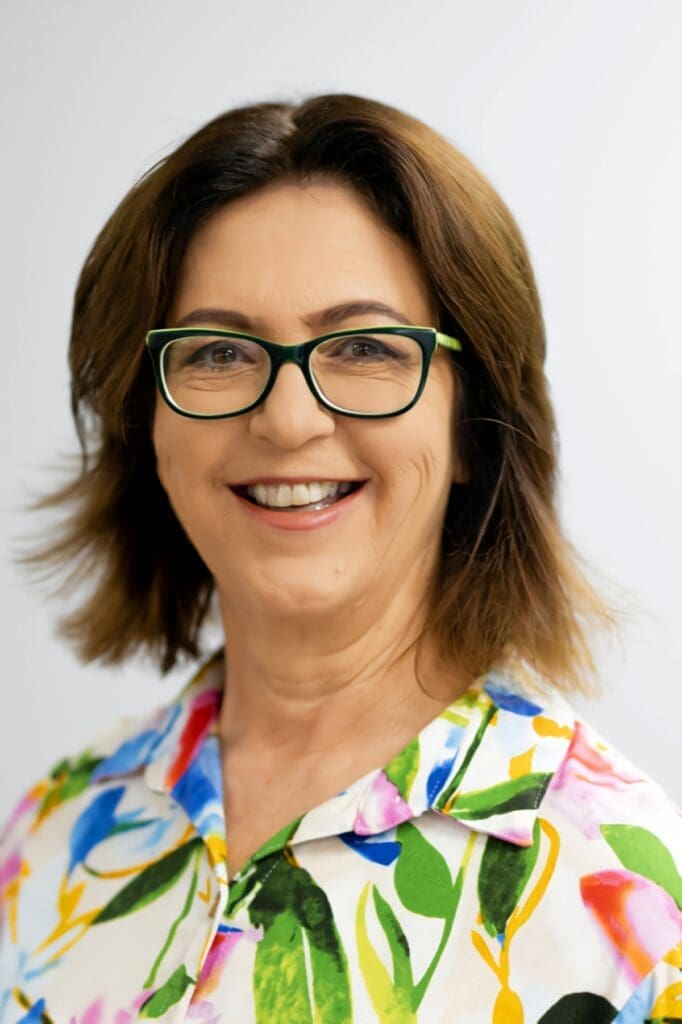
Jessica Pitchford is Bhekisisa’s TV and multimedia editor. She’s been a journalist since the early nineties and has reported on some pivotal events in South Africa’s political history, such as the country’s transition to democracy and the work of the Truth & Reconciliation Commission.
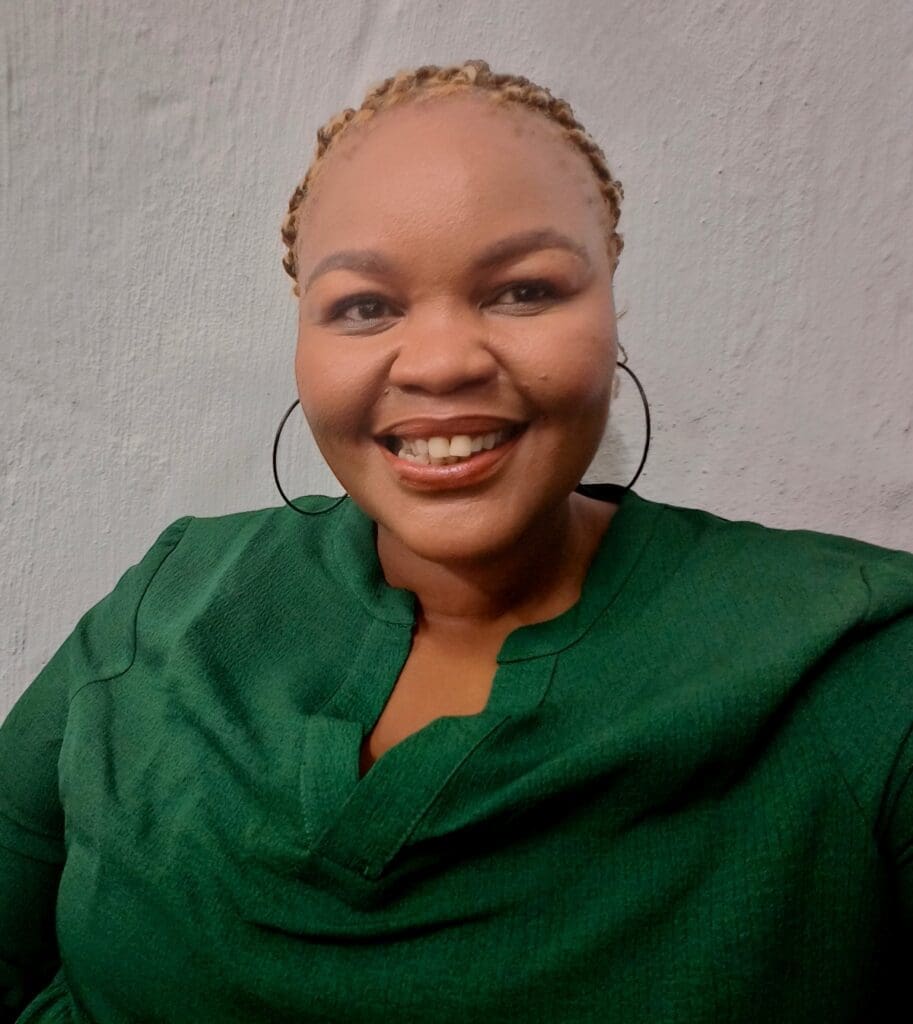
Thatego Mashabela is a multimedia producer at Bhekisisa.
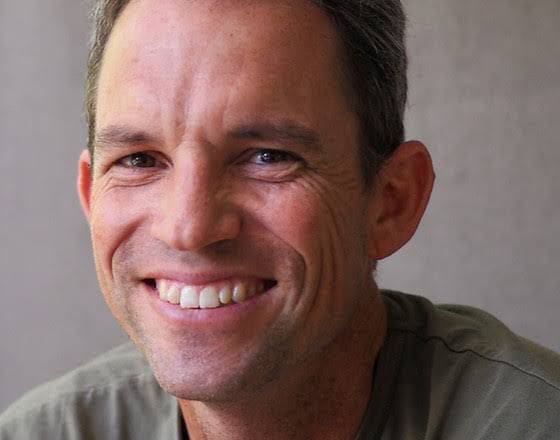
Tim Wege is a documentary filmmaker and cameraman based in Cape Town, South Africa.



